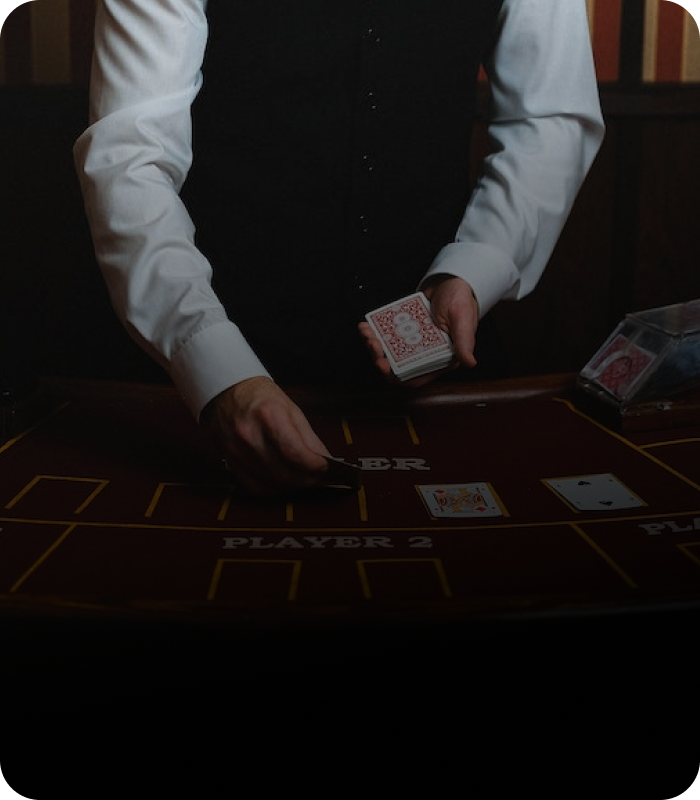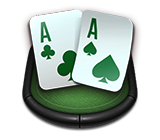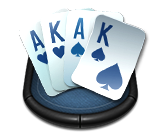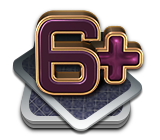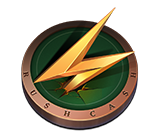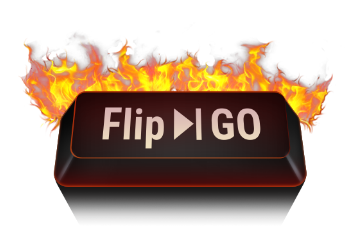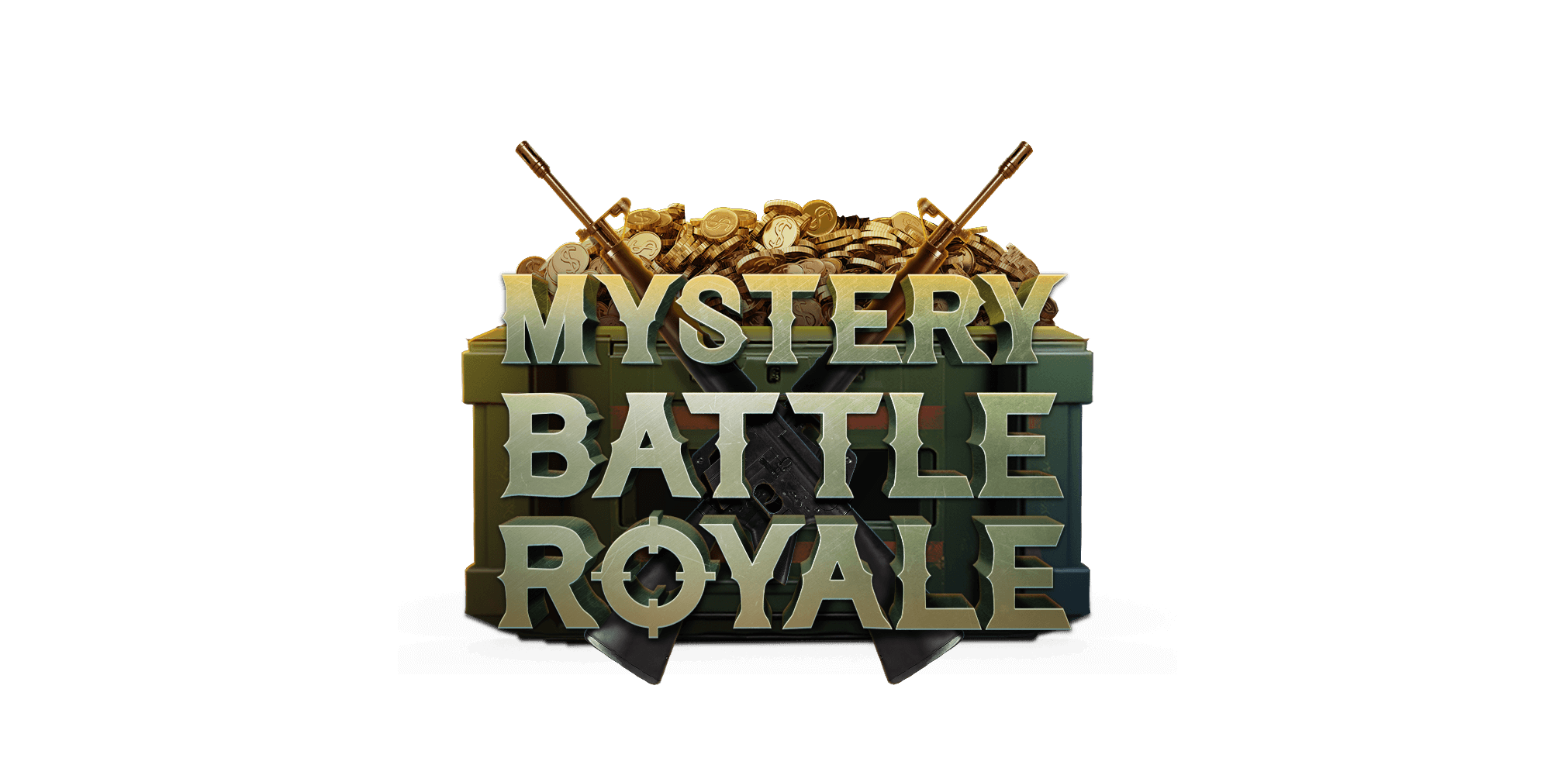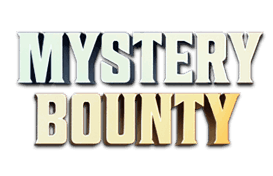
In the realm of poker tournaments, where every hand, every chip, and every moment could be the turning point between triumph and defeat, one often-underestimated aspect stands out – the break.
By utilizing breaks effectively, you can gain a secret advantage in poker tournaments. This guide explores the crucial role of breaks. Above all, it seeks to help you understand how to make the most of these intervals for improved focus, resilience, and strategic thinking.
There's a saying; poker goes beyond cards. It's a complex interplay of self-awareness and control, especially during important moments of rest. Whether you're an experienced player or a committed beginner, this guide is positioned as a crucial element in strengthening your poker strategy and bringing you closer to achieving victory at the final table.
Navigating the Tournament Terrain
Poker tournaments, whether unfolding in opulent casinos or within the digital expanse, adhere to a meticulous structure. The ebb and flow of rounds, aptly termed "levels," interspersed with scheduled breaks, serve as the heartbeat sustaining the tournament's rhythm. Grasping the significance of these breaks becomes imperative for unlocking your full potential as a poker player.
As the tournament progresses, so does the intensity. Stakes soar, blinds escalate, and the mental strain of ceaseless decision-making reaches a crescendo. In these moments, breaks emerge as a crucial respite, offering more than just a pause. They become a golden opportunity to reset your mental acuity, replenish dwindling energy levels, and critically reassess your strategic positioning.
The Undeniable Role of Breaks
Stressing how important breaks are in poker tournaments is no exaggeration. Think of it this way: taking breaks helps you stay focused and makes it easier to make good decisions during long tournaments. If you don't take breaks while playing in a stressful environment - like at a high-stakes poker game - it can make your decision-making skills worse.
From a psychological vantage point, breaks act as a harbor for emotional regulation. It's a valuable tool for handling stress and keeping a calm appearance. This is super important for bluffing and not giving away any hints about your cards.
Also, these breaks give you a chance to strategically stop and look at how the game is going. You can check out what your opponents are doing, and how they're playing, and then adjust your game plan accordingly.
Preparation: The Precursor to Productive Breaks
To harness the full potential of breaks, meticulous preparation is a must. Anticipating break times based on the tournament's structure empowers you to align your play and mental energy with precision.
Beyond timing, consider the essentials needed to refresh yourself during these breaks. Is a quick, nutritious snack in order to stave off hunger? Should you stay hydrated with water to maintain peak cognitive function? Could changing into more comfortable attire contribute to an enhanced sense of relaxation?
Managing your time well is super important too. Because breaks in poker tournaments are short, figuring out how to use that time is like a mini-strategy game.
Do you need a quick moment to think quietly and clear your head? Or maybe a short walk to refresh your body and get your mind back on track? The decisions you make during these breaks can affect how well you play in the next parts of the game.
Optimizing the Break: A Holistic Approach
Getting the most out of your break isn't just about resting your body. It's also about taking care of what you eat, giving your mind a break, and thinking about your game plan.
Here's how you can strike a balance:
Engage in Physical Activities: Incorporate light physical activities like stretching or a brisk walk to alleviate the physical tension accrued from prolonged periods of sitting. These activities not only revitalize your body but also contribute to sustaining alertness.
Address Nutritional Needs: Maintain consistent energy levels by hydrating and consuming light, healthy snacks during breaks. Steer clear of heavy or sugary foods that could lead to energy crashes later on.
Rest Your Mind: Equally crucial is affording your mind a respite. Techniques such as meditation or controlled breathing can help clear your mental slate, lower stress levels, and facilitate mental rejuvenation.
Review and Strategize: Breaks offer a golden opportunity to assess your gameplay. Reflect on your plays, scrutinize opponents' behavior and strategies, and formulate your next moves accordingly.
Don't forget, a good poker plan should cover all these things, making sure you get the most benefit from your short breaks.
Common Pitfalls: What to Avoid During Breaks
Despite the myriad benefits breaks bring, there exist common pitfalls that players must sidestep. Overindulging in food or alcohol, or fixating on past plays during the break, can be more detrimental than helpful.
Eating too much or drinking a lot during breaks can make you feel tired, affect your judgment, or make you uncomfortable – all things that distract you and can hurt how well you play. Other than that, overthinking will also negate the benefit of a break. If you keep thinking about previous moves without giving your mind a break, it can make you mentally tired and more stressed. Remember, keeping things in balance during breaks is the key to lasting success.
Conclusion: The Break – A Potent Weapon
To sum up, using breaks wisely can greatly impact how well you do in a poker tournament. Understanding their significance and using them for rest, thinking through your strategy, and avoiding mistakes can turn these short breaks into a powerful tool for improving your performance. Poker is more than just a game; it combines skill and endurance. Smart use of breaks might be the key that sets you apart, helping you outlast and outplay your opponents, securing your spot at the final table, and maybe even winning it all.
Stay in the loop with the latest Natural8 news, events, and promotions by subscribing to our blog. Don't miss out on exciting updates – subscribe now!

.webp)










